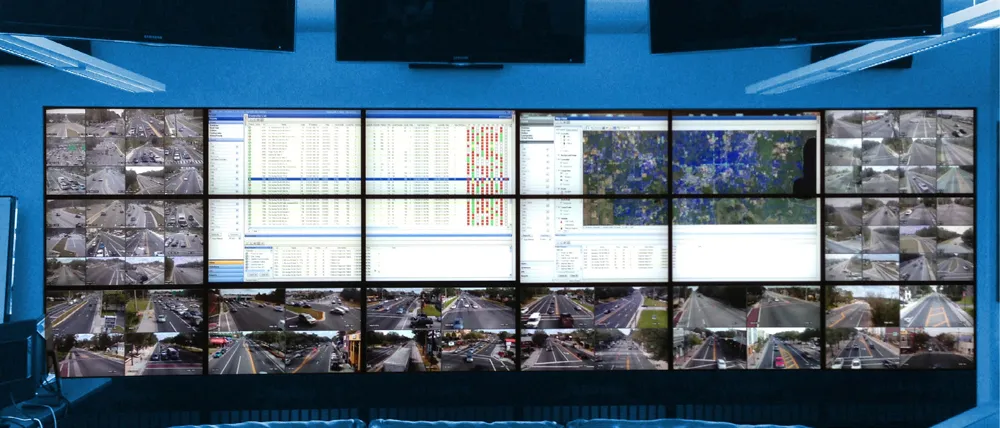TransCore, working with its Canadian partner Electromega, has been selected by the City of Montreal to deploy TransCore’s TransSuite advanced traffic management system (ATMS) at the city’s traffic control centre, Centre de Gestion de la Mobilité Urbaine (CGMU).
The City of Montreal is the second largest in Canada; it has nineteen boroughs with 845 km of arterial roads, 4200 km of local streets and more than 2,000 traffic signal controllers.
August 23, 2013
Read time: 2 mins

The City of Montreal is the second largest in Canada; it has nineteen boroughs with 845 km of arterial roads, 4200 km of local streets and more than 2,000 traffic signal controllers.
The CGMU serves as the arterial network management centre for the city. The TransSuite ATMS will enable staff from the division of arterial operations to coordinate more efficiently with systems that are already in place and improve the arterial network safety performance.
Centralised traffic control will allow operators of the CGMU to respond in real time to incidents affecting the arterial network, remotely programming traffic lights for both planned and unforeseen incidents to minimise the impact of traffic conditions on motorists. The centralisation of traffic management operations can also facilitate the movement of traffic in major work zones, as well as reducing congestion and improving the reliability of public transit.
Bill Skillas, TransCore vice president, added, “TransCore’s experience addressing the challenges of large urban systems such as Montreal has been demonstrated in more than 30 metropolitan areas and spans 35 years deploying traffic management systems in other major North American cities.”
Pascal Lamoureux, Electromega president and CEO, added, “Joining forces with TransCore was a natural fit for Electromega. Both of our organizations have similar approaches to system integration and truly understand city operational challenges.”









